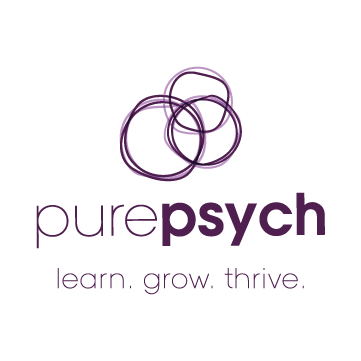WHAT IS HUMANISTIC THERAPY?
Humanistic therapy is talk therapy that encompasses a gestalt approach, exploring how a person feels in the here and now, rather than trying to identify past events that led to these feelings. Additionally, the humanistic therapist provides an atmosphere of support, empathy, unconditional positive regard, and trust that allows the individual to share their feelings without fear of judgment. The therapist does not act as an authority figure; rather, the relationship between client and the therapist is one of equals and the client is viewed as having the most authority regarding their own experience.
Being empathetic is seeing the world through the eyes of the other, not seeing your world reflected in their eyes.
A HEALTHIER SENSE OF SELF
The aim of humanistic therapy is to help the client develop a stronger, healthier sense of self, as well as access and understand their feelings to help gain a sense of meaning in life.
Through empathy, the ability to see the world through the eyes of the client, the therapist can understand the actions and thoughts of the client from the client’s perspective.
With unconditional positive regard, a key element characterized by warmth, acceptance, and non-judgment, the therapist can permit for a more open flow of information. Demonstrating a willingness to listen and ensure the comfort of the client, the therapist creates an environment where genuine feelings are shared.
CONTACT US TODAY TO TALK
purepsych professionals are specialized in EMDR therapy and were trained in EMDR by certified trainers and facilitators of the EMDR Institute, Inc. purepsych professionals are excited and enthusiastic about bringing one of the most effective therapeutic treatments to clients of the practice, new and existing! We would love to learn about you and your aspirations for personal growth and emotional wellbeing. Call 973-486-6248 or email drbryan@purepsych.com for a free consultation.
